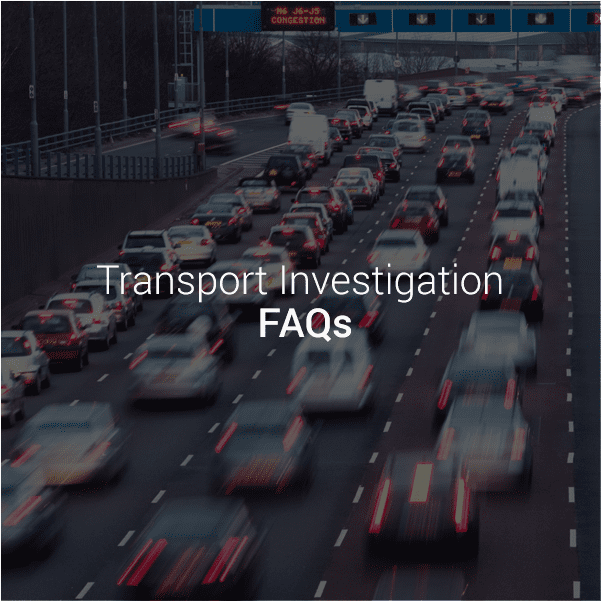Supreme Court ruling on motor finance commission claims
On 1 August 2025, the Supreme Court issued a unanimous decision in three linked motor finance appeals: Hopcraft v Close Brothers Limited; Johnson v FirstRand Bank Limited; and Wrench v FirstRand Bank Limited [2025] UKSC 33.
Background of the appeals
The appeals were in respect of motor finance arrangements where customers had bought vehicles through Hire Purchase Agreements arranged by the dealer. The lender would then pay the dealer a commission for the introduction once the customer was signed up.
The principal issue before the Supreme Court was whether the continuing status of the dealer as the seller in a ‘dealer–lender–customer’ relationship removes a fiduciary duty owed by the dealer to the customer sufficient to bring a claim in dishonest assistance, or a lesser disinterested duty to avoid being affected by personal interest giving rise to a claim in bribery.
One of the Claimants, Mr Johnson, maintained a claim that the payment of commission rendered his relationship with the lender unfair for the purpose of Sections 140A-C of the Consumer Credit Act 1974. (‘CCA’).
The Court of Appeal’s decision
The Court of Appeal found in favour of the Claimants, holding that motor dealers owed a fiduciary duty to their customers, and also undertook a duty to act in a disinterested manner, which meant a claim could be brought for bribery.
The Court of Appeal held that in three of the transactions, the commission was undisclosed and therefore amounted to a bribe. In the case of Mr Johnson, there was sufficient disclosure to prevent the commission being a bribe, but insufficient disclosure to avoid the payment being an unauthorised profit made in breach of the dealer’s fiduciary duty. The Court of Appeal also identified an unfair relationship sufficient for Mr Johnson’s hire purchase agreement to be reopened under the CCA.
The Supreme Court’s Decision
The Supreme Court considered three issues:
1. Fiduciary Duties and Dishonest Assistance
The Court considered the definition of a fiduciary given by Millett LJ in the case of Mothew, which stated:
‘A fiduciary is someone who has undertaken to act for or on behalf of another in a particular matter in circumstances which give rise to a relationship of trust and confidence. The distinguishing obligation of a fiduciary is the obligation of loyalty. The principal is entitled to the single-minded loyalty of his fiduciary.
A fiduciary duty exists because the fiduciary has undertaken not to pursue his own interests. Trust or customer vulnerability alone does not create such duties; these qualities are consequences, not causes, of fiduciary relationships. The Court stressed that in ordinary commercial contexts, it is “normally inappropriate” to impose fiduciary obligations, as this would distort the parties’ bargain’.
No such undertaking to not pursue the Dealer’s interests was present here. Dealers were always acting as sellers, motivated by their commercial interests. They did not promise to prioritise customers’ interests or act as their legal agents. Instead, they simply introduced finance options. Therefore, there was, according to the Court, no fiduciary relationship.
Without a fiduciary relationship, the claims for dishonest assistance, which depend on an underlying breach, also failed.
2. Bribery
The Court rejected the Court of Appeal’s position that a mere duty to act in a disinterested manner was enough to give rise to a bribery claim. The Court held that civil liability for bribery cannot arise unless the recipient of the relevant payment owed a fiduciary duty of loyalty.
As the Court had determined that the dealers in the present case did not owe a fiduciary duty to their customers, the claims of bribery were bound to fail.
3. Unfair Relationships under the Consumer Credit Act 1974
The Court upheld one claimant’s, Mr Johnson’s, submission that there had been an “unfair relationship” under section 140A of the Consumer Credit Act 1974. The decision considered the criteria put forward by the Financial Conduct Authority (‘FCA’) for assessing unfairness:
- The extent to which commission payments were disclosed to the consumer;
- The size of the commission, and
- The potential for those payments to influence the dealer’s advice or the financial product offered.
In Johnson, the Court looked at the fact that the commission was circa 55% of the total cost of credit (considered to be a ‘powerful indication’ of unfairness) and that the lender had a preferential commercial arrangement with the dealer, in contrast to the impression given to the consumer. As there was no disclosure of these key facts, the FCA disclosure rules were breached.
The Court stated that while non-disclosure of commission alone does not automatically result in an unfair relationship, it is nonetheless a significant factor to be considered.
In this case, the lender was required to pay Mr Johnson the commission of £1,650.96 together with interest at an appropriate rate.
Implications for motor finance lenders and consumers
The Court’s decision reduces the potential exposure of motor finance lenders to consumer claims, but importantly, as seen from the above, it allows consumers to bring compensation claims arising under the CCA.
So, although motor finance lenders following this ruling are largely protected from potentially having to pay out billions in compensation overall, nonetheless, individual consumers affected by any of the above issues when purchasing a vehicle have scope to seek significant compensation.
How we can help
We are happy to consider individual cases and provide a free 30-minute consultation. If you believe you may have a claim related to motor finance agreements, please contact Gary Roy on 0115 822 0886 or email GaryRoy@richardnelsonllp.co.uk.




